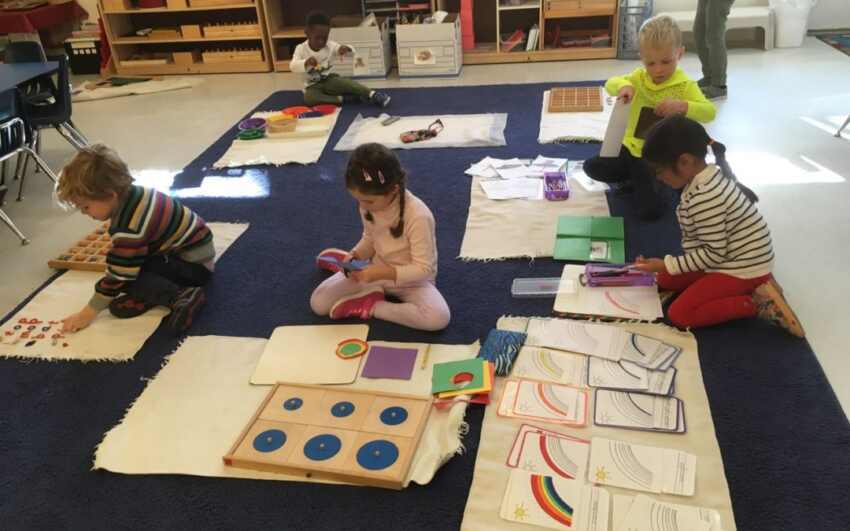In today’s rapidly changing world, education plays a crucial role in shaping the future of our children. Traditional teaching methods often focus solely on academic achievement, neglecting the development of essential life skills. However, an alternative approach known as the Montessori Teaching Course takes a holistic approach to education, addressing the needs of children in a comprehensive way. This article will explore the principles and benefits of the Montessori Teaching Course, highlighting how it fosters the overall development of children.
Understanding the Montessori Teaching Course
The Montessori Teaching Course is based on the educational philosophy developed by Dr. Maria Montessori, an Italian physician and educator. Dr. Montessori believed that children possess a natural curiosity and desire to learn. Her teaching approach emphasizes individualized learning, allowing children to progress at their own pace and explore their interests.
Key Principles of the Montessori Teaching Course
1. Child-Centered Learning: The Montessori Teaching Course places the child at the center of the educational process. It recognizes that each child is unique, with their own set of strengths, weaknesses, and interests. Teachers act as facilitators, guiding children towards self-discovery and independent thinking.
2. Prepared Environment: A Montessori classroom is carefully designed to stimulate learning and foster independence. It includes materials and activities that promote sensory exploration, motor development, and cognitive skills. Learning materials are organized in an orderly manner, allowing children to easily access and engage with them.
3. Multi-Age Grouping: Montessori classrooms often consist of mixed-age groups. This approach allows younger children to learn from older peers, while older children reinforce their knowledge by teaching younger ones. It encourages cooperation, empathy, and socialization skills.
4. Hands-On Learning: Montessori Teaching Course prioritizes hands-on, experiential learning. Concrete materials are used to facilitate understanding of abstract concepts. Children engage in self-directed activities, making choices based on their interests and abilities. This approach promotes problem-solving skills, critical thinking, and creativity.
Benefits of the Montessori Teaching Course
1. Holistic Development: The Montessori Teaching Course addresses not only the academic needs of children but also their social, emotional, and physical development. It recognizes the interconnectedness of these aspects and aims to cultivate well-rounded individuals.
2. Self-Discipline and Responsibility: By allowing children to take ownership of their learning, the Montessori Teaching Course fosters self-discipline and responsibility. Children develop a sense of agency, making decisions and accepting the consequences of their actions.
3. Love for Learning: Montessori classrooms create a nurturing and stimulating environment that inspires a love for learning. The emphasis on hands-on activities and individualized learning ignites curiosity and intrinsic motivation.
4. Respect for Others: Montessori classrooms encourage respect for oneself, others, and the environment. Children learn to value diversity, develop empathy, and practice conflict resolution skills. This promotes a peaceful and inclusive classroom community.
The Montessori Teaching Course advocates for a holistic approach to education, ensuring the overall development of children. It prioritizes individualized learning, hands-on activities, and a child-centered environment. By embracing the principles of the Montessori Teaching Course, educators can cultivate lifelong learners who are well-equipped to navigate the complexities of the world.
Nidhin
For More Details Call: +917510220582



